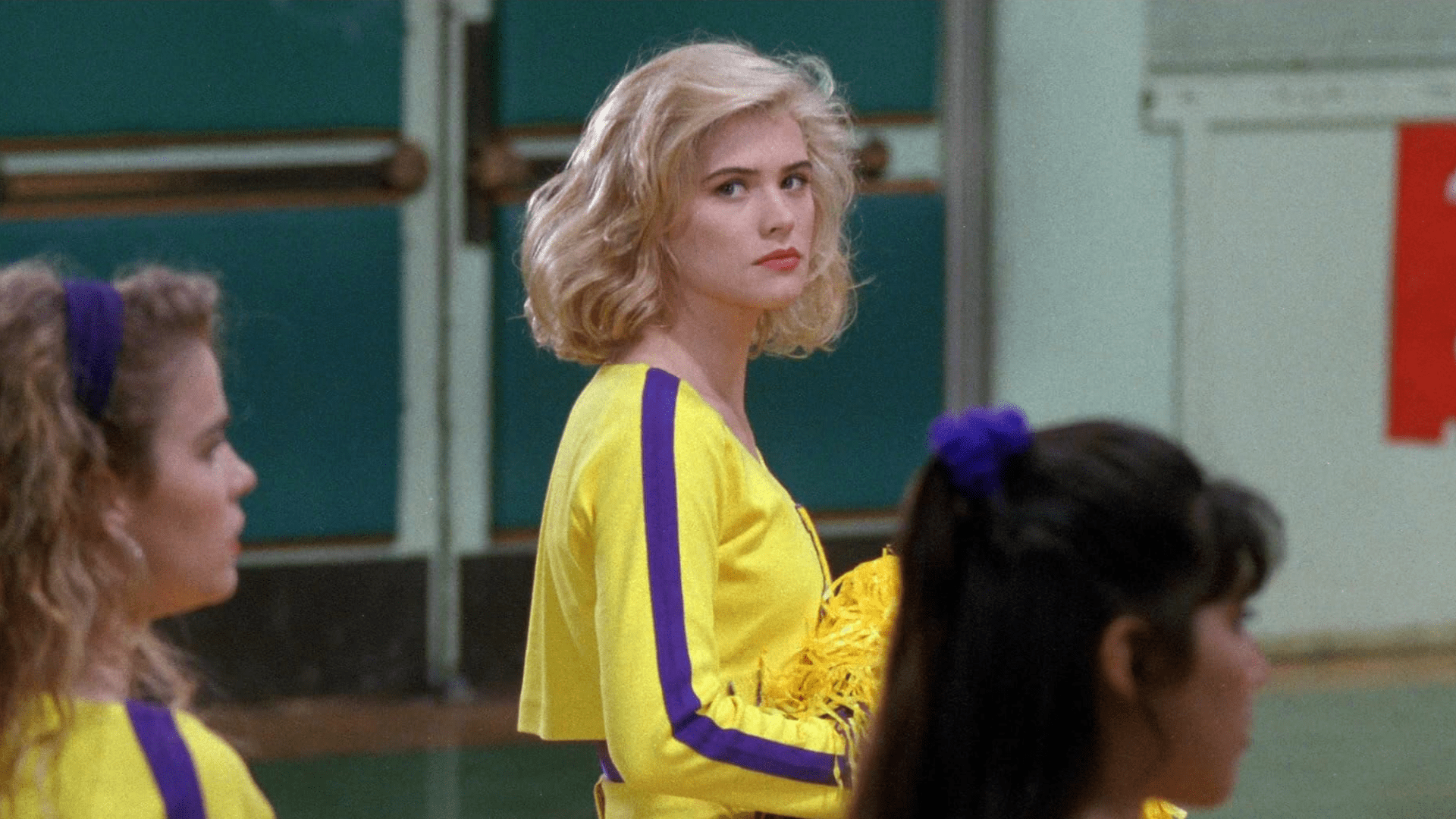
Kristy Swanson, a name synonymous with bold opinions and unapologetic candor, has once again stirred the pot. This time, her critique lands on none other than Taylor Swift, the global pop sensation who is often heralded as a symbol of empowerment and grace. But Swanson’s controversial statement—“Taylor Swift should not be any young girl’s role model”—has left fans divided, questioning not only Swift’s influence but also what we truly value in role models for the next generation.
At first glance, Swift seems like the quintessential role model. Her career trajectory, from a small-town country singer to one of the most influential figures in the entertainment industry, is nothing short of inspiring. With her philanthropy, activism, and ability to turn personal heartbreaks into chart-topping anthems, she has captivated millions of fans worldwide. Yet, Swanson challenges this seemingly perfect narrative, suggesting that fame and influence often obscure more troubling realities.
Kristy Swanson’s concerns appear rooted in the cultural pedestal Swift occupies. As a public figure, Swift’s every move is magnified. From her romantic relationships to her political endorsements, her life has become a template for young fans. Swanson argues that this level of visibility comes with immense responsibility, and she questions whether Swift’s actions truly align with the values society wants to instill in young girls.
For instance, Swift’s music, while empowering for some, often draws from themes of heartbreak, revenge, and personal grievances. Swanson posits that these recurring motifs might inadvertently glamorize the idea of defining oneself through relationships or external validation. Instead of encouraging self-reliance, Swanson believes Swift’s narrative may lead young girls to idealize a life dominated by romantic drama and public spectacle.
Adding fuel to the fire is Swift’s romantic history, a subject that has long been a point of contention among critics. Swanson argues that the media’s obsession with Swift’s relationships—coupled with Swift’s willingness to weave these experiences into her songs—perpetuates an unhealthy fascination with love and heartbreak. While Swift’s honesty and vulnerability are commendable, Swanson questions whether this constant focus on relationships sets a healthy precedent for impressionable fans.
Beyond her music and personal life, Swift’s political activism has also drawn scrutiny. While many praise her for taking a stand on important issues, Swanson suggests that Swift’s approach sometimes lacks depth and nuance. In a world where celebrities are often seen as moral compasses, Swanson worries that Swift’s oversimplified narratives could lead young fans to adopt a “follow the leader” mentality rather than forming their own informed opinions.
However, Swanson’s critique doesn’t stop at Swift; it extends to the culture of celebrity worship itself. In an age where social media amplifies the voices of public figures, the line between reality and performance has blurred. Swanson warns that young girls, enamored by Swift’s carefully curated persona, may struggle to distinguish between genuine authenticity and manufactured perfection. This, she argues, can create unrealistic expectations and lead to feelings of inadequacy.
It’s important to note that Swanson’s critique is not a personal attack on Swift but rather a call to reevaluate the qualities we prioritize in role models. Swanson emphasizes that while Swift has achieved remarkable success, her journey and choices may not align with the principles we want to instill in the next generation.
Of course, not everyone agrees with Swanson’s perspective. Swift’s supporters argue that her transparency and resilience make her an excellent role model. They point out that Swift’s ability to turn hardships into triumphs teaches young girls the value of perseverance and self-expression. Moreover, her commitment to philanthropy and advocacy for social justice demonstrates a willingness to use her platform for good.
But Swanson’s comments force us to confront a larger question: What does it truly mean to be a role model? Is it about success, influence, and relatability, or is it about embodying values like humility, selflessness, and integrity? Swanson urges us to look beyond the glitz and glamour of celebrity culture and to seek inspiration from those who quietly make a difference in the world.
In the end, whether you agree with Kristy Swanson or not, her critique invites us to think critically about the figures we elevate and the messages they convey. Taylor Swift’s star power is undeniable, but as Swanson reminds us, being a role model requires more than fame—it demands a commitment to values that uplift and empower others in meaningful ways.











